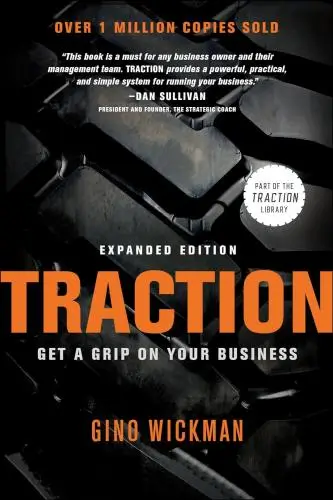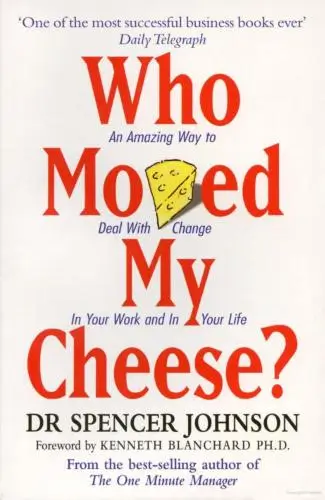
Who Moved My Cheese?
What is Who Moved My Cheese? about?
Who Moved My Cheese? is a thought-provoking parable about embracing change and finding success in an ever-changing world. Through the story of two mice and two "littlepeople" who search for cheese in a maze, the book offers valuable insights on how to adapt to change, let go of fear, and take control of your destiny. It's a quick, engaging read that will leave you feeling inspired and motivated to navigate life's challenges with courage and determination.
About the Author
Spencer Johnson was an American author known for his simple yet impactful writing style. His best-selling book "Who Moved My Cheese?" is a powerful allegory on dealing with change and adapting to new situations. Johnson's work often focuses on themes of personal growth, resilience, and embracing change. He has a knack for using relatable characters and engaging storytelling to convey his powerful messages. Johnson's books are a must-read for anyone looking for practical wisdom and inspiration in navigating life's challenges.
10 Key Ideas of Who Moved My Cheese?
Anticipate Change
Always be prepared for change by expecting it. The only constant in life is change, and by anticipating it, you reduce the shock and discomfort when it occurs. This mindset allows you to stay ahead, adapt more quickly, and seize opportunities that change often brings.
Learn DeeperKeep a Change Journal: Start a journal dedicated to observing changes around you, both in your personal and professional life. Note how these changes affect you and brainstorm ways you could adapt to similar changes in the future. This practice sharpens your ability to foresee and adapt to change.
Set Aside Time for Regular Reflection and Planning: Dedicate time each week to reflect on what’s changing or could change in your life and work. Use this time to plan how you might adapt to these changes, whether it's learning a new skill, adjusting your goals, or shifting your strategies.
- Example
Imagine you work in a sector that's rapidly evolving due to technology. By staying informed about technological trends and learning relevant skills in advance, you can position yourself as an invaluable asset to your team, rather than being caught off-guard by industry shifts.
- Example
Consider someone who notices a shift in their personal relationships, perhaps friends moving away or interests diverging. By anticipating these changes, they can proactively seek new communities and hobbies, ensuring they maintain a fulfilling social life.
Adapt Quickly
Once change happens, adapt to it as quickly as possible. The faster you let go of old cheese (old ways, habits, or comforts) and start exploring for new cheese, the better off you'll be. Quick adaptation ensures minimal disruption and maximizes the chances of finding new opportunities.
Learn DeeperIdentify Early Signs of Change: Keep an eye out for early indicators that change is on the horizon, whether it's in your personal life or at work. This could be a shift in your interests, a new technology that affects your job, or changes in your relationships. Recognizing these signs early can prepare you to adapt more quickly.
Develop a Flexible Mindset: Work on cultivating a mindset that is open to change and new experiences. This can involve challenging your existing beliefs, being curious, and actively seeking out different perspectives. A flexible mindset will make it easier for you to let go of the 'old cheese' and embrace new opportunities.
Create a Plan B (and C): Always have contingency plans. If your current situation (job, relationship, etc.) were to change tomorrow, what would you do? Having alternative plans not only prepares you for change but also reduces anxiety about the unknown.
Invest in Continuous Learning: Dedicate time to learn new skills and knowledge that are relevant to your interests and career. This ensures that you remain valuable and adaptable in a constantly changing environment. Online courses, workshops, and reading are great ways to do this.
- Example
If you're in a job that's becoming obsolete due to automation, start learning new skills that are in demand, such as digital marketing or coding. This way, you're prepared to adapt to the changing job market.
- Example
If you notice that your significant other seems distant and conversations have become routine, instead of clinging to the 'old cheese' of how things used to be, adapt by initiating open, honest communication to understand the changes and how you can grow together.
Overcome Fears
Fear of change is natural but overcoming it is crucial. Fear can paralyze and prevent you from moving towards new opportunities. Acknowledge your fears, but then take action despite them. Remember, what you are afraid of is often not as bad as you imagine.
Learn DeeperIdentify Your Fears: Start by writing down what you're afraid of regarding change. Is it the fear of failure, the unknown, or losing comfort? Identifying your fears makes them less daunting and more manageable.
Small Steps Approach: Break down the change into smaller, manageable steps. Instead of focusing on the big picture, which can be overwhelming, concentrate on taking one small step at a time. This approach can help reduce the fear associated with change.
Visualize Success: Spend a few minutes each day visualizing yourself successfully adapting to the change. Imagine overcoming obstacles and achieving your goals. This positive visualization can help reduce fear and increase motivation.
Seek Support: Talk to friends, family, or colleagues who have gone through similar changes. Their experiences, advice, and support can provide comfort and practical strategies for dealing with your fears.
- Example
If you're afraid of changing jobs, start by updating your resume and researching potential employers. This small step can make the process seem less daunting and more achievable.
- Example
For someone afraid of moving to a new city, they could begin by visiting the area for a short trip, exploring neighborhoods, and meeting locals. This gradual exposure can help alleviate fears associated with the move.
Visualize Success
Imagine yourself enjoying new cheese even before you find it. Visualization helps to overcome fear and resistance to change by focusing on the positive outcomes rather than potential losses. This mental practice motivates and directs your actions towards achieving your goals.
Learn DeeperStart your day by dedicating a few minutes to visualize achieving your goals. Close your eyes, take deep breaths, and vividly imagine the scenario where you have reached your desired outcome. Feel the emotions associated with this success.
Create a vision board that represents your 'new cheese' or goals. Use pictures, quotes, and symbols that resonate with your aspirations. Place it somewhere you can see daily to constantly remind yourself of what you're working towards.
Before embarking on any new project or change, spend time visualizing the process and the successful outcome. This can be as simple as imagining a positive response before a presentation or seeing yourself thriving in a new job role.
- Example
Imagine you're aiming for a promotion. Each morning, visualize not only the moment you're informed about the promotion but also performing excellently in your new role, handling responsibilities with confidence, and being acknowledged by your peers.
- Example
If you're planning to move to a new city, visualize finding the perfect apartment, making new friends, and exploring exciting places. Feel the joy and excitement such changes will bring, making the actual transition smoother and less intimidating.
Deeper knowledge. Personal growth. Unlocked.
Unlock this book's key ideas and 100+ more. Learn with quick, impactful summaries.
Read Full SummarySign up and read for free!
Who Moved My Cheese? Summary: Common Questions
Experience Personalized Book Summaries, Today!
Discover a new way to gain knowledge, and save time.
Sign up for our 7-day trial now.
No Credit Card Needed

Similar Books
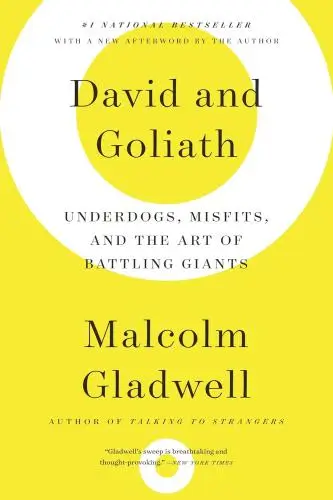
David and Goliath
Malcolm Gladwell
The 48 Laws of Power
Robert Greene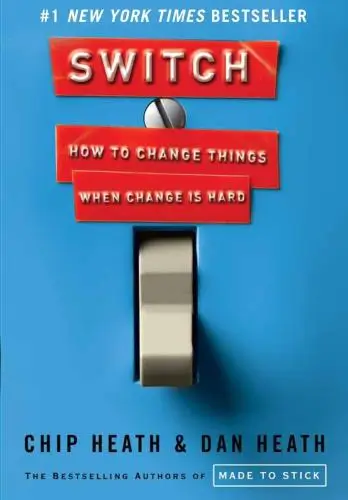
Switch
Chip Heath
Do What You Are
Paul D. Tieger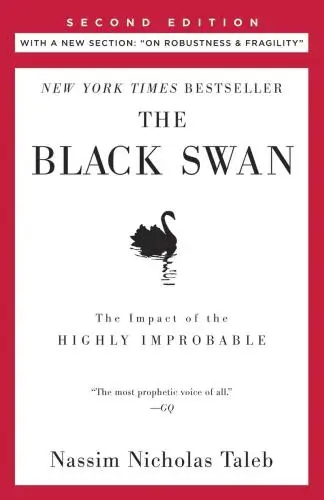
The Black Swan
Nassim Nicholas Taleb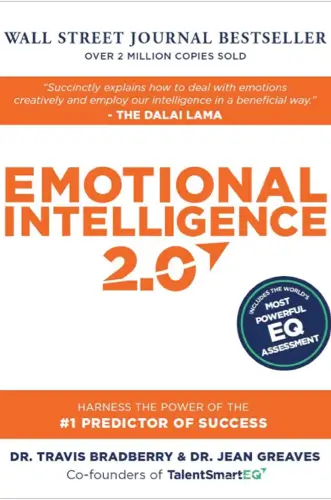
Emotional Intelligence 2.0
Travis Bradberry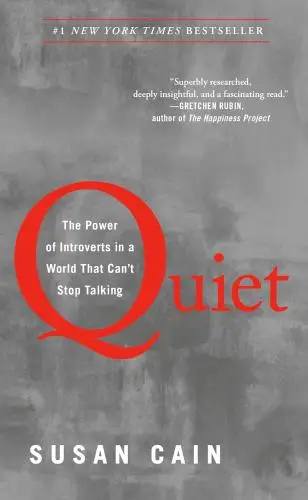
Quiet
Susan Cain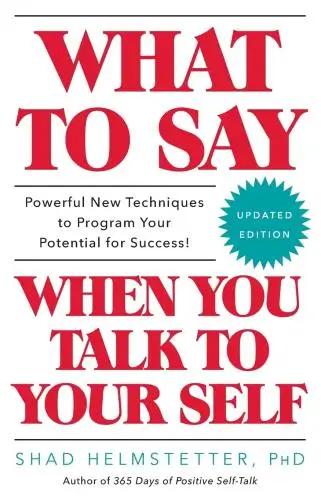
What to Say When You Talk to Yourself
Shad Helmstetter
The Laws of Human Nature
Robert Greene
Feeling Good
David D. Burns
Emotional Intelligence
Daniel Goleman
12 Rules for Life
Jordan B. PetersonTrending Summaries

Peak
Anders Ericsson
Never Split the Difference
Chris Voss
Smart Brevity
Jim VandeHei
The Psychology of Money
Morgan Housel
The First 90 Days
Michael D. Watkins
Atomic Habits
James Clear
Thinking, Fast and Slow
Daniel Kahneman
The Body Keeps the Score
Bessel van der Kolk M.D.
The Power of Regret
Daniel H. Pink
The Compound Effect
Darren Hardy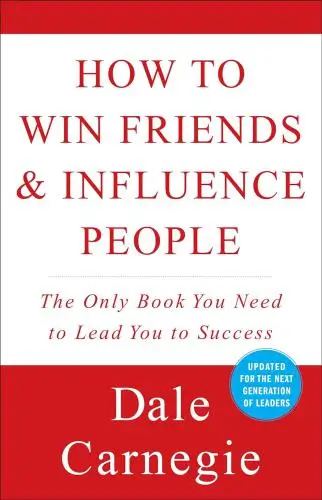
How to Win Friends & Influence People
Dale Carnegie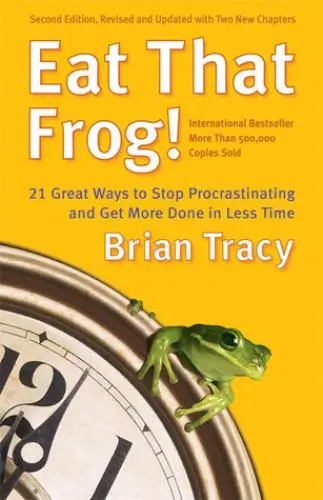
Eat That Frog!
Brian Tracy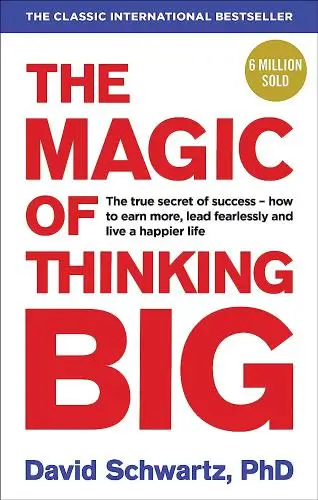
The Magic of Thinking Big
David J. Schwartz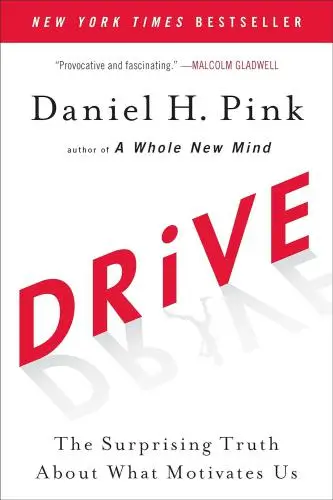
Drive
Daniel H. Pink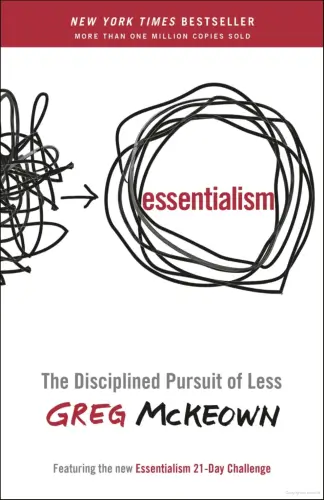
Essentialism
Greg McKeownNew Books

The Millionaire Fastlane
MJ DeMarco
Losing My Virginity
Richard Branson
Venture Deals
Brad Feld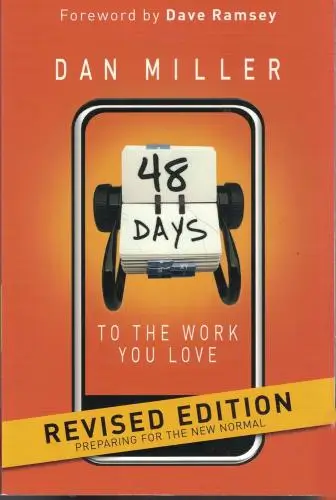
48 Days to the Work You Love
Dan Miller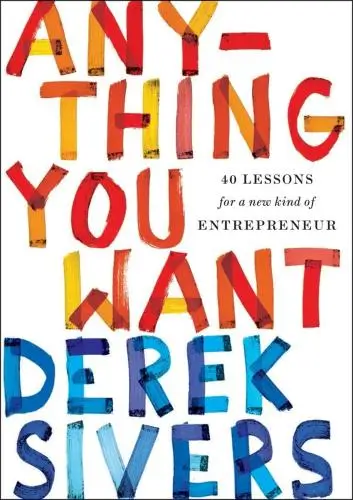
Anything You Want
Derek Sivers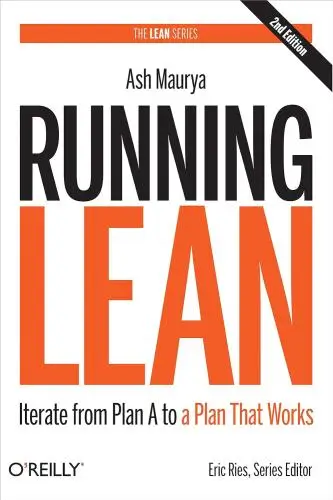
Running Lean
Ash Maurya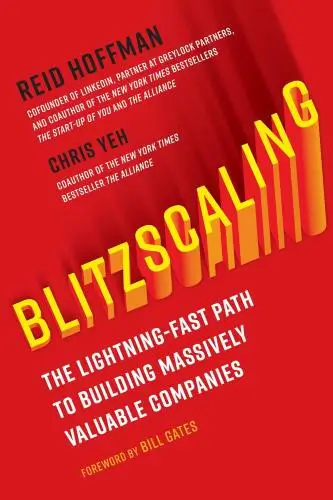
Blitzscaling
Reid Hoffman
The Founder's Dilemmas
Noam Wasserman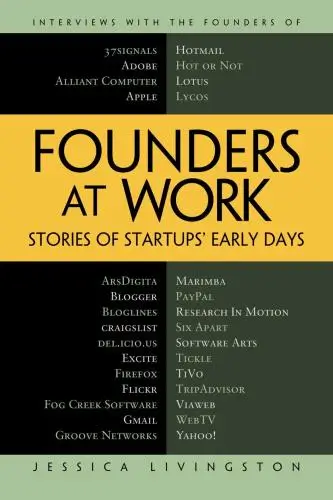
Founders at Work
Jessica Livingston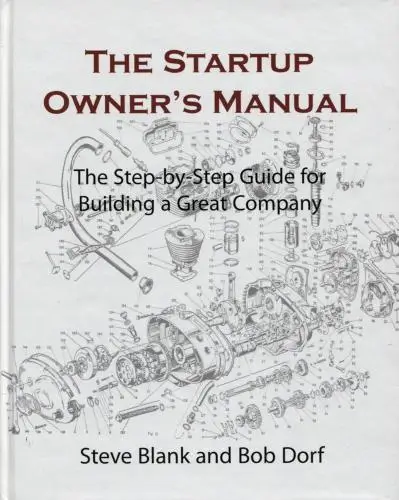
The Startup Owner's Manual
Steve Blank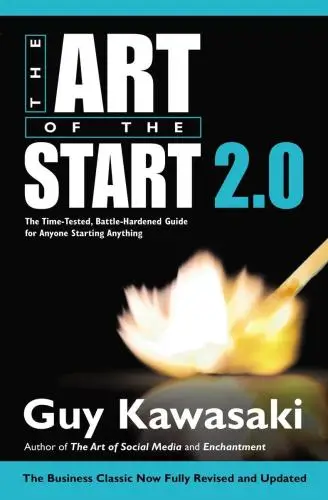
The Art of the Start 2.0
Guy Kawasaki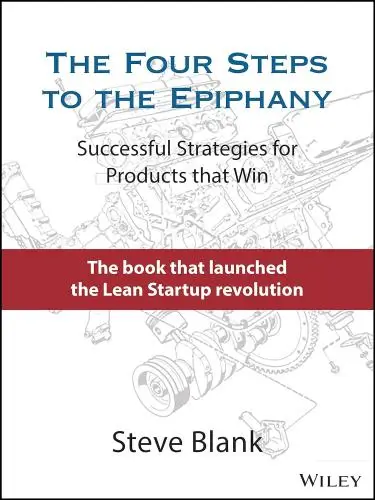
The Four Steps to the Epiphany
Steve Blank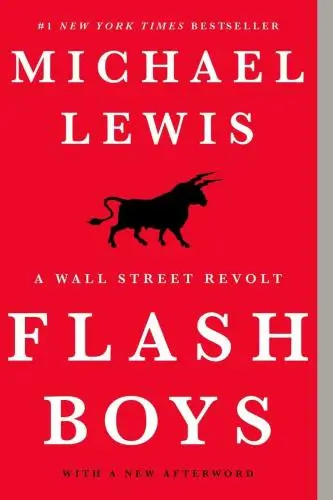
Flash Boys
Michael Lewis
Crush It!
Gary Vaynerchuk